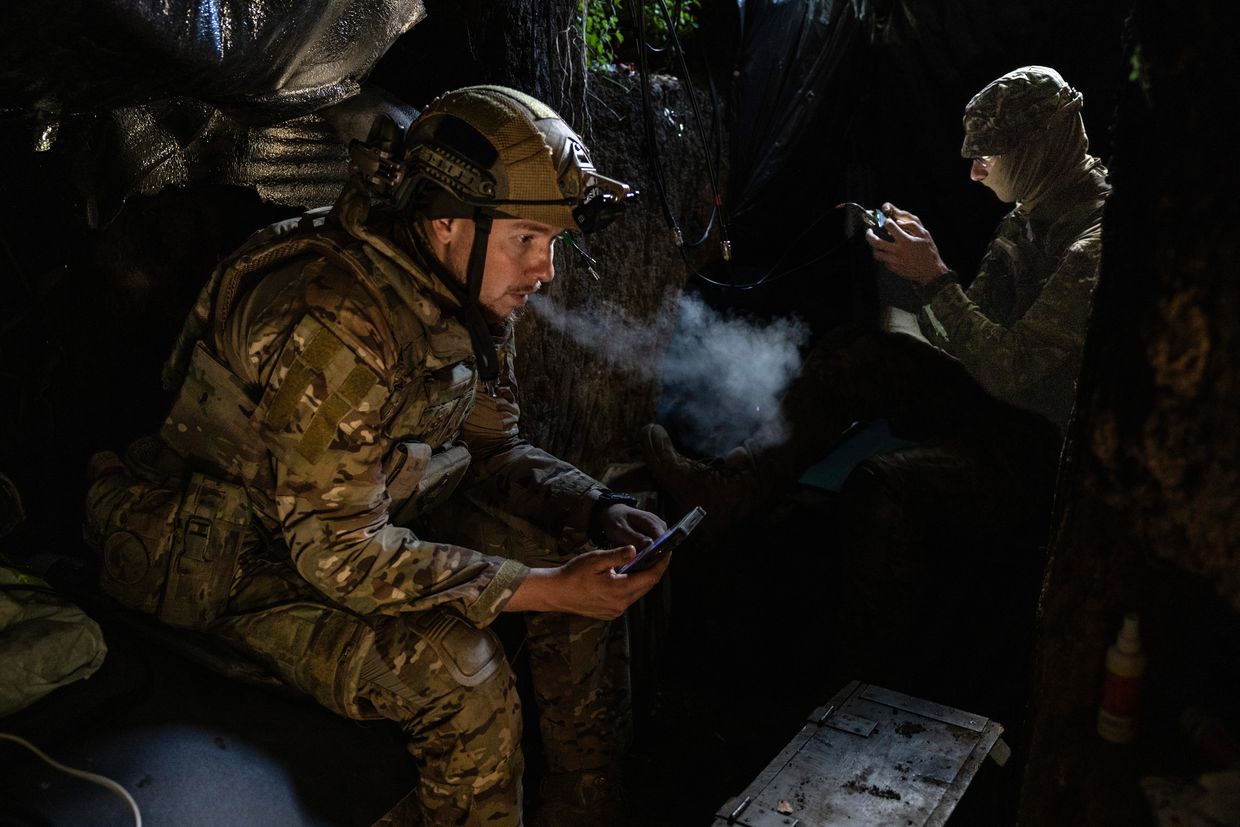Russia making gains due to Western restrictions on where Ukraine can strike, Latvian president says

Russia's recent gains in Kharkiv Oblast are a direct consequence of Kyiv's partners not allowing strikes on military targets in Russian territory with Western-supplied arms, Latvian President Edgars Rinkevics told CNN on May 27.
The U.S. and Germany, the top two providers of military aid to Ukraine, are against Kyiv using their weapons to strike Russian territory due to fears this would lead to an escalation of the war.
Ukraine has repeatedly said that the restrictions meant Ukraine was unable to attack Russian forces as they were building up before crossing the border into Kharkiv Oblast in the renewed Russian offensive that began on May 10.
Russia's recent gains are "the consequence of our inability to provide Ukraine with weapons and then also putting restrictions to use those weapons to strike military targets in Russia," Rinkevics told CNN.
"We are not talking about cities or civilians, we are talking about legitimate military targets."
Rinkevics argued that Russia's ability to advance depends partly on the massive mobilization of its economy and its people, but also on the ability of the West "to fight back and support a country that is at war."
"If Ukraine loses, our security is going to be impacted in a very serious way," Rinkevics said.
"We don't want to see the repetition of the darkest moments of history, and my country has experienced those."
Earlier on May 27, the NATO Parliamentary Assembly adopted a declaration in support of NATO allies lifting restrictions that prohibit Ukraine's use of Western-supplied weapons against military targets inside Russia.
The declaration came a day after German Chancellor Olaf Scholz said that Germany has given clear rules to Ukraine prohibiting the use of German weapons on Russian soil and that he sees no reason to change this.














